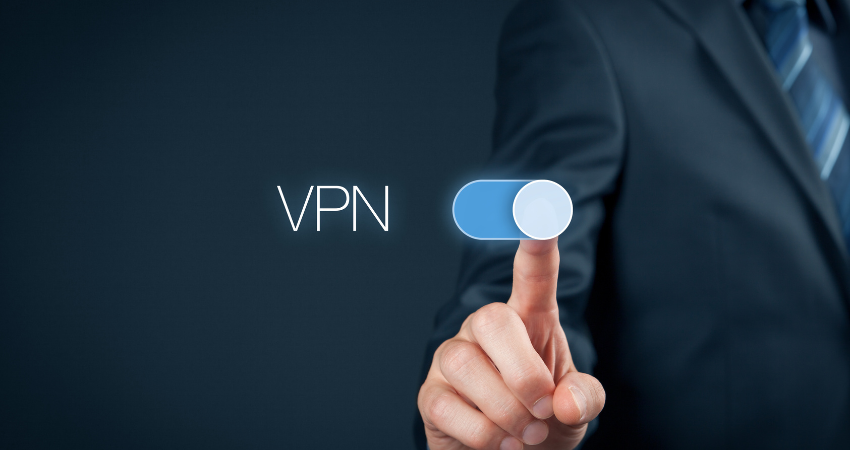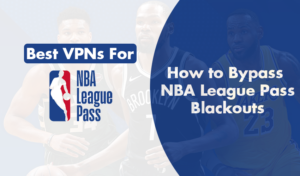In the age of digitalization, the need for online protection is more pressing than ever, and VPNs (Virtual Private Networks) are often considered the go-to solution. They promise privacy, freedom, and security. However, the question arises: Are Free VPNs Secure?
In this comprehensive analysis, we’ll delve into the world of free VPNs, their potential risks, and the alternatives available.
Understanding VPNs
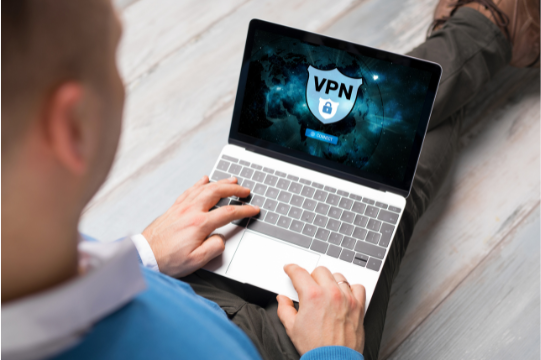
Before we can answer the question, “are free VPNs secure?“, it’s crucial to understand what VPNs are and why we use them. A VPN provides a secure and encrypted connection, concealing your online activity from potential threats, including hackers, trackers, and even your Internet Service Provider (ISP).
People typically use VPNs for:
- Online Privacy: A VPN keeps your online activity hidden from prying eyes, including your ISP, by encrypting your data.
- Security: VPNs provide an additional layer of security against cyber threats like hacking, phishing, and malware.
- Accessing Geo-Restricted Content: VPNs can help bypass regional restrictions on certain websites or streaming services.
- Remote Work: For remote workers, a VPN is crucial for securely accessing company resources and networks.
The Dark Side of Free VPNs
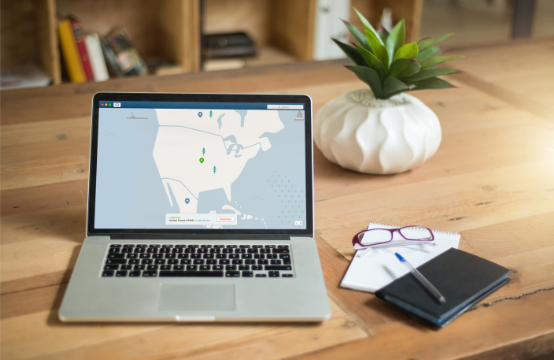
While VPNs, in general, are touted as a solution for online security and privacy, not all VPNs are created equal. Free VPNs, in particular, often come with certain risks that can compromise your online security and privacy. Here are a few reasons why free VPNs might not be the best choice:
Security Risks
Free VPNs often lack robust security features, leaving users vulnerable to cyber threats such as malware, hacking, and phishing. They typically don’t have the resources to develop and maintain strong security protocols.
Data Logging and Selling
To generate revenue, free VPNs often resort to logging users’ data and selling it to third-party advertisers. This means your browsing history, online activity, and personal information may end up in the hands of advertisers, thereby compromising your online privacy.
Slow Internet Speeds
Free VPNs often throttle internet speed to cut costs, leading to slower browsing and streaming. They may also limit the amount of data you can use each month, forcing you to either upgrade to a paid version or switch to another free VPN provider.
Limited Server Locations
Free VPNs usually have fewer server locations compared to paid ones. This can limit your access to geo-restricted content and make bypassing internet censorship more challenging.
Lack of Customer Support
Finally, free VPNs typically offer minimal, if any, customer support or technical assistance. If you run into problems with the VPN connection or need help troubleshooting, you’re pretty much on your own.
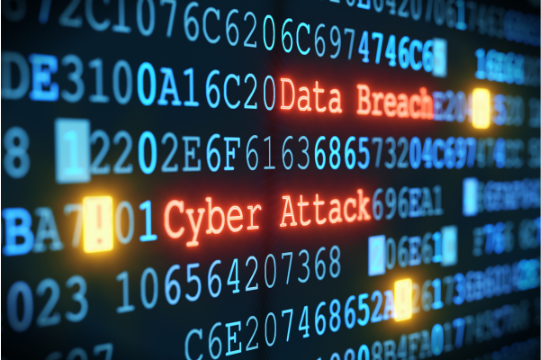
Are Free VPNs Worse Than No VPN?
In terms of security, free VPN providers can collect and sell your data, thereby exposing you to potential threats. In fact, using a free VPN can sometimes be riskier than browsing without one, especially when it comes to exposure to malware. Thus, it’s crucial to do your research and choose a VPN provider you trust.
Free VPN vs. Premium VPN

When comparing free and premium (paid) VPN services, several key differences emerge, particularly in terms of data limits, speed, protocols & encryption, features, server locations, customer support, privacy policy, and price.
| Free VPN | Paid VPN | |
|---|---|---|
| Data limits | Most free VPNs limit data usage. | Paid VPNs generally offer unlimited data usage. |
| Speed | Free VPNs often have slower speeds due to cheaper infrastructure. | Paid VPNs usually offer faster, more reliable speeds. |
| Protocols & encryption | Free VPNs may not use the strongest encryption or the safest VPN protocols. | Paid VPNs offer robust security features, including stronger encryption protocols. |
| Features | Free VPNs typically lack additional features like ad block or kill switch. | Paid VPNs invest in premium features for a secure, leak-proof VPN connection. |
| Server locations | Free VPNs usually offer limited server options. | Paid VPNs offer a wide range of server locations worldwide. |
| Customer support | Free VPN services often offer limited or no support. | Paid VPNs usually offer round-the-clock customer support. |
| Privacy policy | Free VPNs can collect and sell logs. | Paid VPNs offer no-log policies that are tested & verified. |
| Price | Free VPNs generate revenue by other means, often by collecting & selling your data. | Paid VPNs require a subscription fee. |
How to Choose a Safe and Reliable VPN Service?

Choosing a safe and reliable Virtual Private Network (VPN) service can be a complex task given the numerous options available in the market. A good VPN should offer security, anonymity and should easily bypass geographical restrictions. Below are some essential points to consider when selecting a free and reliable VPN service.
- Firstly, ensure the VPN has strong encryption standards. A secure VPN will use 256-bit encryption, which is currently the highest level of encryption that provides a robust security wall.
- Next, consider the privacy policy of the VPN service provider. A reliable VPN provider will have a strict no-logs policy, which means that they do not store your online activities or personal information.
- The jurisdiction of the VPN service is another crucial factor to consider. Some countries have strict data retention laws that might compel VPN services to store user data. Therefore, opt for a provider based in a country with favorable privacy laws.
- Look for a VPN with a kill switch feature. In case your VPN connection drops unexpectedly, a kill switch will disconnect your device from the internet immediately, ensuring your data remains secure.
- Consider the number of servers and their locations offered by the VPN service. A greater number of servers spread across various locations provides better speed and connection stability.
- Lastly, check out reviews and ratings for the VPN service. User feedback can provide valuable insights into the reliability and performance of the VPN.
While there are many free and reliable VPN services available, it’s essential to remember that they may have limitations such as data caps, limited server selection, or slower speeds. It might be worth considering a paid VPN service for unlimited access and enhanced features. Whichever you choose, make sure it aligns with your specific needs and requirements.
Final Thoughts
While using a free VPN may seem cost-effective, it can expose you to a higher risk of malware and other online threats. If you want to protect your device and data from potential attacks, consider using a paid VPN with the resources, expertise, and robust security measures needed to ensure your online safety.
If you’re particularly concerned about the risks associated with free VPNs, consider trying a paid VPN with a free trial to experience the difference in security and performance.
FAQs
Is it risky to use a free VPN?
Yes, free VPN services can compromise your digital security by collecting and selling your data or inundating you with ads.
Do all free VPNs sell your data?
Not all free VPNs sell your data, but many rely on other revenue sources, such as ads or data-selling, since they don’t charge a subscription fee. It’s essential to review the privacy policies before trusting VPNs with your data.
Is free VPN good or bad?
Using a free VPN can be both good and bad, depending on your needs and priorities. Free VPNs often have limitations and may compromise your privacy and security. Therefore, it is essential to weigh the pros and cons before choosing a free VPN.
Which VPNs are safe for banking?
VPNs with strong security features, such as 256-bit AES encryption and a kill switch, are safe for banking. These features prevent hackers from stealing your sensitive data. It’s recommended to use a reputable paid VPN service for online banking.
Can VPNs keep me safe on public WiFi?
Yes, trustworthy VPNs with strong encryption can easily protect you while using unsecured WiFi. Using a premium VPN can safely secure your internet activities without fear of someone stealing your identity or credit card information.
In conclusion, while the allure of “free” might be tempting, when it comes to your online security and privacy, investing in a reliable, paid VPN is the safer choice. The risks associated with free VPNs, such as data logging, inadequate security measures, slow speeds, and lack of customer support, make them a less desirable option. Therefore, the question, “Are Free VPNs Secure?” can be answered with a resounding “No.” It’s a small price to pay for peace of mind and secure online browsing.
Always remember: When something is free, you are often the product.

